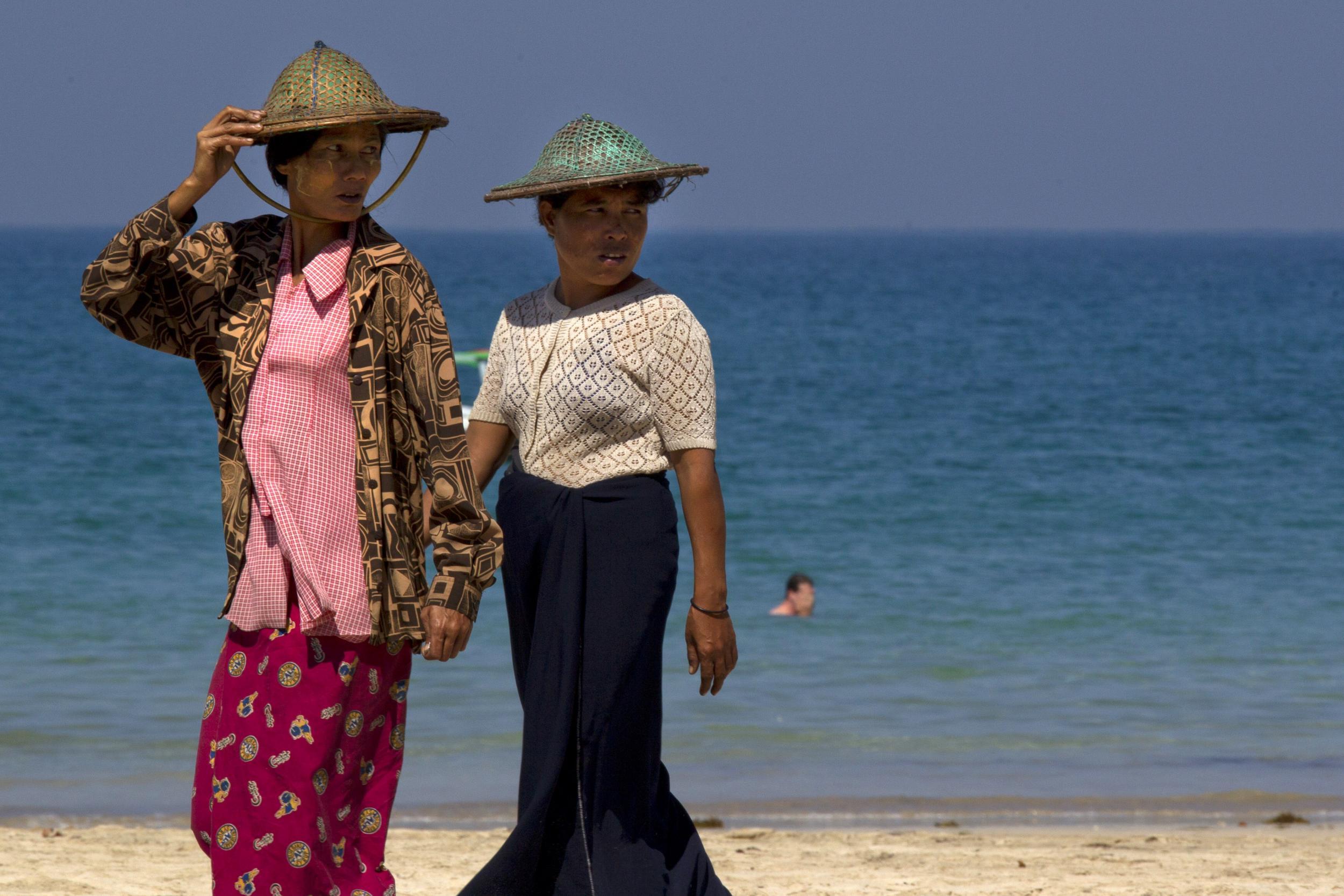From using your left hand to smiling: Culturally inappropriate things tourists do abroad without realising
Travel can be a cultural minefield. Here are some of the most common things tourists do that cause unintended offence
We all try not to be brash tourists, of course, but even with the best will in the world, sometimes we can cause offence without meaning to. Here are some of the most common faux pas people unintentionally make while travelling.
Singapore: Hailing a cab
Think twice before you stick your palm up to hail a cab in Singapore (as well as in China and South Korea). That’s considered rude; instead, stick your arm straight out at shoulder level, and paddle it up and down, with your palm facing down. You might notice you’re magically getting more cabs to stop.
Thailand: Disrespecting the currency
If you drop a baht note in Thailand, it’s best to let it drift away – stand on it to pick it up, and you’ll cause huge offence to the people around you (it’s not unheard of to get yelled at). It’s a criminal offence to disrespect the monarchy, and standing on the king’s face is a sure way to do that.
South Africa: Personal space
Two people gossiping on the pavement in Johannesburg? Walk around them, not between them – even if that means dipping onto the street itself. Personal space is incredibly important in South African culture – even if there’s a group of people in your way, you should never barrel through them.

Australia: Sitting in the back of a taxi
Do what comes naturally and get in the back of a taxi in Sydney? It’s not the most offensive thing you can do, but you’ll certainly be taken for a snob. Egalitarian Aussies sit up front with the driver, as if they’re your mate doing you a favour rather than a professional doing their job. Of course, that also means you’ll have to feign excitement about Sydney talk radio.

India, Burma and more: Wearing sleeveless tops
You know not to go with a miniskirt in a more traditional culture, but sleeveless tops – even ones that give shoulder coverage – can be frowned upon. It’s not just in India, either, but all across Asia (even in countries like Burma, more commonly known by its proper name, Myanmar, these days), in parts of Africa and even in places like Dubai. Cap sleeves all the way.
US and Japan: Tipping
Two sides of the same coin here – don’t tip, or don’t tip adequately in the US, and you’ll risk being chased down the street, or at least asked what your problem is. In Japan, meanwhile, tipping isn’t just not done; it can even be seen as rude. Research the rules before you arrive at your destination.
Southeast Asia: Touching someone’s head
Not that you should really be patting anyone on the head anyway, but resist the temptation to ruffle that cute child’s hair – in Buddhist countries, the head is the most sacred part of the body, so you shouldn’t be putting your mitts on anyone else’s. Conversely, the feet are the least sacred part of the body – take your shoes off before entering someone’s home or a temple, and always sit without your feet pointing towards anyone else.
Middle East: Physical contact in public
It’s not just in the Middle East that snogging, groping or even holding hands in public with your beloved is frowned upon – countries as varied as Haiti and Thailand disapprove too. They are seen as private actions and it is considered disrespectful to perform them in front of others. General rule of thumb: when in doubt, don’t make out.

Russia: Smiling
It’s not so much that you’ll offend a Russian by smiling at them, but don’t be offended when they don’t smile back. Though they’re jolly with their friends, Russians don’t smile at or talk to strangers, especially in the cities. Equally, don’t confuse an apparently dour face for unfriendliness.

China: Chopstick etiquette
Chopsticks can be a minefield, and not just because of their mechanics. Never put your sticks into a bowl of rice vertically – this is only done when leaving offerings for the dead (the same goes for Japan). Never point with your chopstick, suck on it or beat it against the edge of your bowl, either – the latter implies you’re literally begging for food.
Many countries: Left handers
In many parts of the world, the left hand is considered unclean, usually because it's used for “ablutions”. If you’re left-handed and visiting places like India, Nepal and the Middle East, you may have to pretend to be ambidextrous – it’s incredibly rude to eat, pick anything up or hand over money with your left.
Join our commenting forum
Join thought-provoking conversations, follow other Independent readers and see their replies
Comments